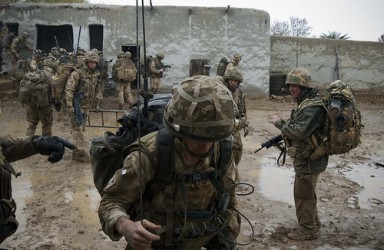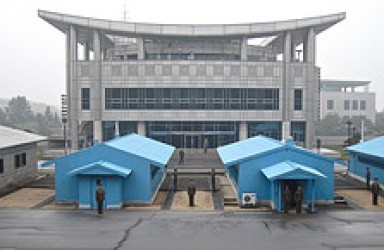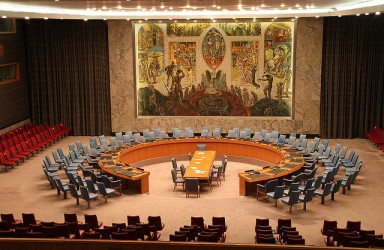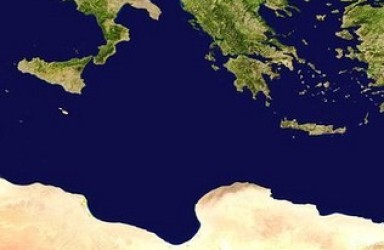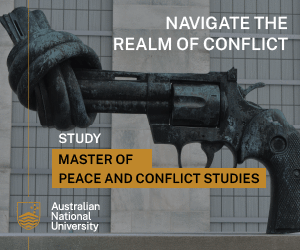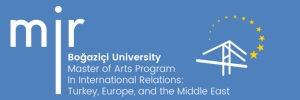Making It Happen: A Global Civil Society
A global civil society is not a plan in itself, nor is it a new or futuristic idea. Yet, is part of a greater restructuring of the international system and of our world order. Consequently, as philosophers before our times rightfully attested, the global civil society was founded not merely to preserve the lives of its members; but so that they might live well.
Is the factor of economic decline sufficient to explain UK defence policy after 1945?
Economics have a profound influence on defence policy regardless of country. One merely needs to observe the debates on expenditure today for a look at how even a superpower like the United State’s armed forces is constrained by defence budgets. While the same holds true for the UK, it has been more noticeable since 1945 with Britain’s declining power and prestige.
The China-ROK Relationship: A Blueprint for China on a Wider Stage?
China’s growing influence in the international system is receiving a lot of attention, both positive and negative. In some quarters, China’s ‘rise’ is complete. This growth is especially felt in North East Asia. Therefore, the Republic of Korea needs to take great interest in China’s future role on the regional and global stage, concerning it’s relations with its northern neighbour as well as their close cooperation with the US.
Maritime Cooperation in the Asia-Pacific Region
Every country must realize that good maritime order is a public good and a common resource, and it is obligatory to make concerted efforts. A country should understand that self-interest and evading multilateral initiatives are “beggar thy neighbor” behaviors, and will not only cause damaging effects by being self-serving, but in the end will damage its own interests as well.
Of Regional Complexes and Global Powers: The Power Capacity of the EU
The EU is already the hegemon within its geographic region but to be considered a credible actor in international affairs it needs to stabilize regimes in its neighbourhood more rapidly and successfully than competitors like China and India can manage in their own regions.
A critique of the theory and practice of R2P
The R2P is heralded by many as making political power more responsible and accountable, both to the domestic citizenry and ‘international community’. It has sought to democratise humanitarian intervention in a way which reconceptualises sovereignty as responsibility and looks to protect the ‘victim other’ from imminent mass death at the hands of irresponsible state power.
European Union Democracy Promotion in the Mediterranean Arena
The actions of the EU in promoting democracy in third countries need to be examined in greater detail. The tangible support (financial, logistical or otherwise) the EU gives to pro-democracy social movements can help us assess just how much the EU acts, or is limited in acting, to promote democracy abroad. In short, if the EU gives direct, meaningful support to such social movements, it could be said to have stopped ‘philosophizing’ and begun to act.
The Theory of Structure: An Analysis
Structure is an anomaly in the field of IR largely because of the nature of its constituent components. Practices of social production and reproduction are not difficult to locate if you relay the relevant evidence, contrary to this idea. The concept continues to be open to wide interpretation, as shown by the respective approaches of Alexander Wendt and Kenneth Waltz.
Does positivism really ‘work’ in the social sciences?
Although positivism has evolved over the years, at its core several key aspects have remained constant. It is based on a foundationalist ontology, that is, one in which the world exists independently of our knowledge of it, and at its heart is the promise of unambiguous and accurate knowledge of the world which can be arrived at through sensory experience.
Community Based NGOs in Grassroots Peacebuilding and Reconciliation in Northern Ireland
Northern Ireland has a long way to come before it can be labelled peaceful. The fragmented nature of its society indicates that we cannot speak of two monolithic communities at all. They are divided within themselves along attitudinal, class, and educational lines, while different experiences of the Troubles have shaped their needs.

